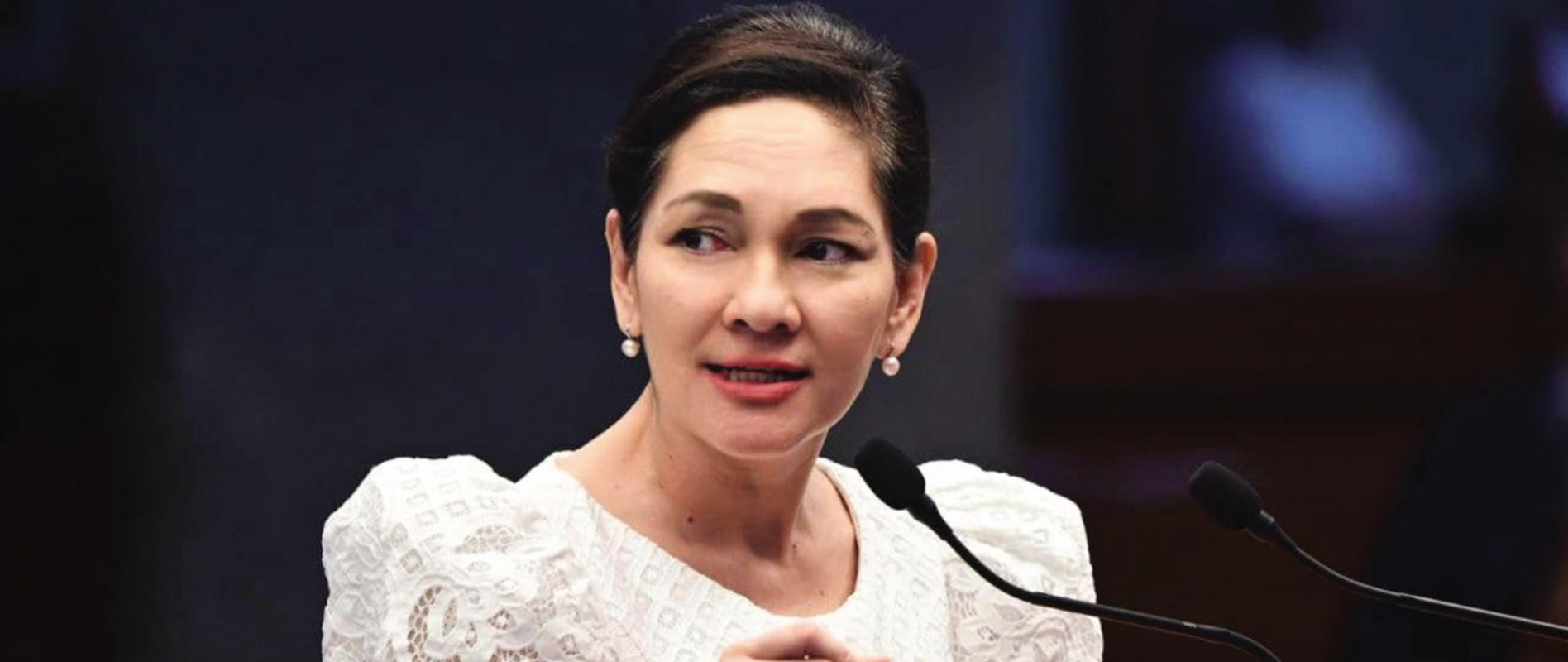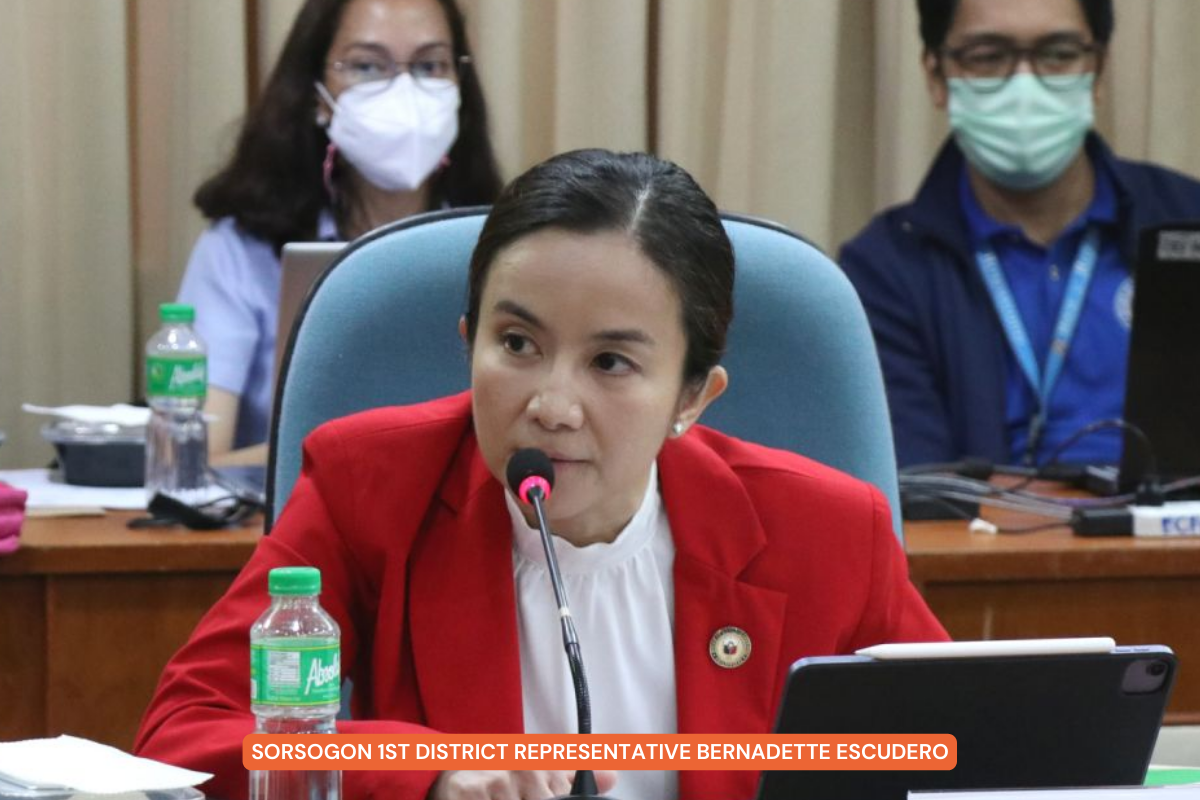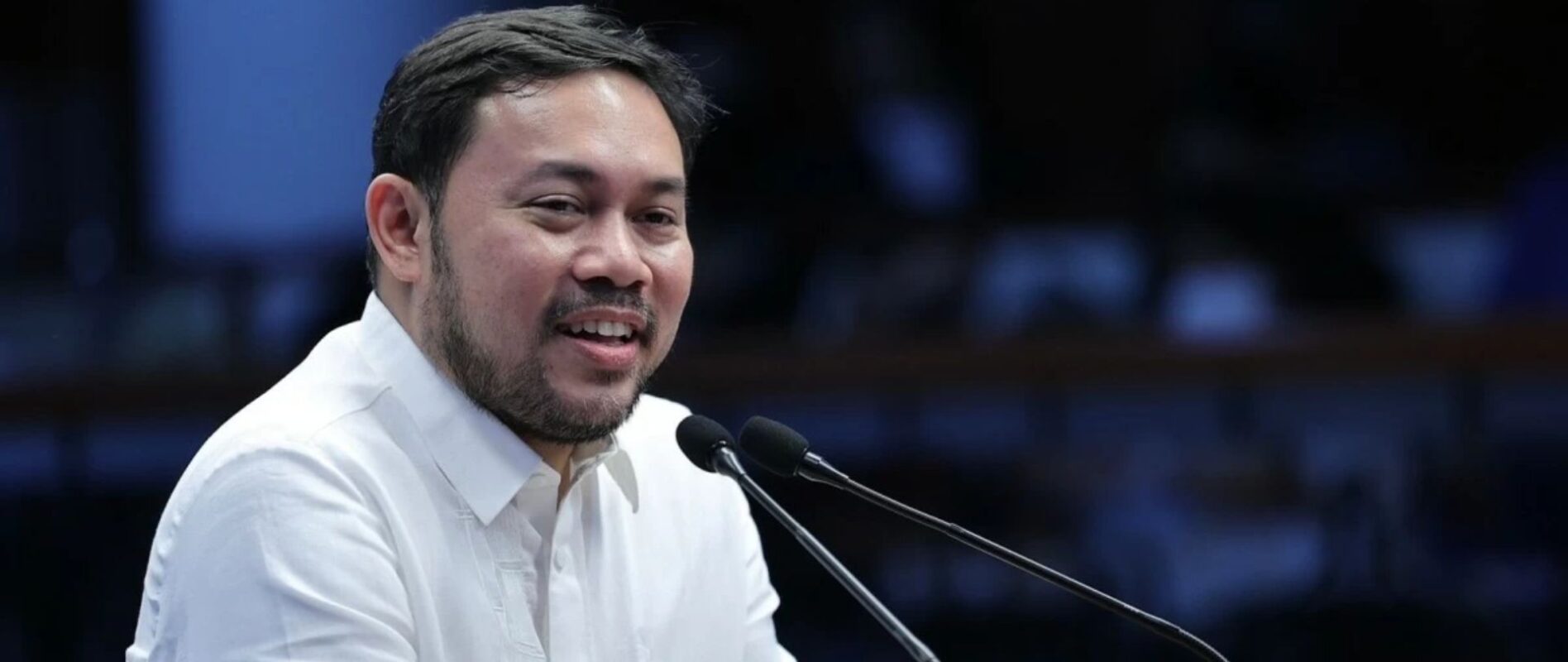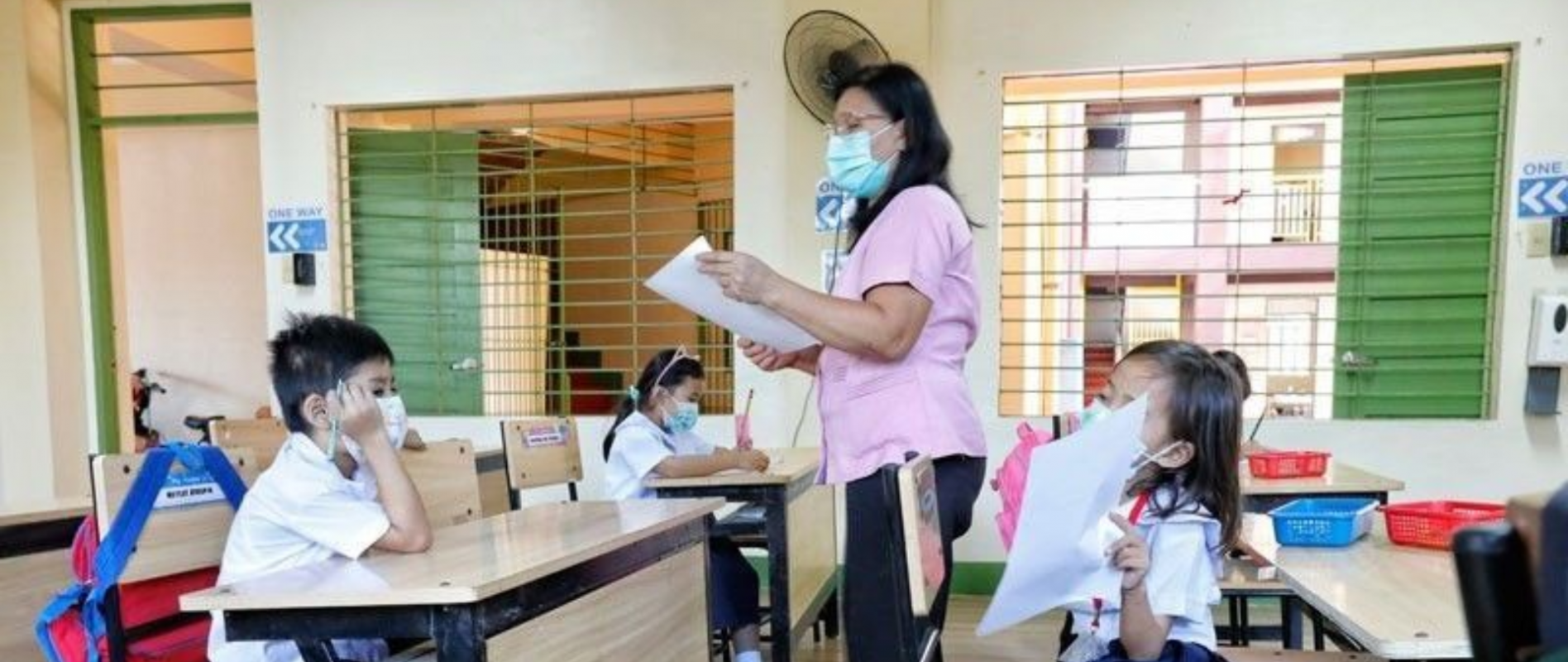LAWMAKER SEEKS TO STRENGTHEN 4Ps WITH ADULT EDUCATION PROGRAM FOR PARENT-LEADERS
SENATOR Risa Hontiveros has filed a measure seeking to strengthen the government’s Pantawid Pamilyang Pilipino Program (4Ps) by establishing a Parent Leaders’ Adult Education Program aimed at promoting lifelong learning and economic self-reliance among poor Filipino households.
Under Senate Bill No. 1344, all 4Ps parent-leaders and qualified adult household members will be given access to free adult education programs jointly developed by the Department of Education (DepEd), Technical Education and Skills Development Authority (TESDA), and the Commission on Higher Education (CHED), in coordination with other concerned agencies.
Hontiveros said the initiative builds on the government’s commitment under Republic Act No. 11310, which institutionalized 4Ps as the country’s flagship poverty reduction strategy.
While the current program focuses on children’s education, health, and nutrition, Hontiveros noted that adult beneficiaries also need access to continuing education, livelihood skills, and job training to achieve sustainable progress.
“Breaking the cycle of intergenerational poverty means empowering not just the children, but also their parents,” Hontiveros said. “This Adult Education Program will give 4Ps parents the tools they need to achieve long-term self-reliance and stability.”
The bill mandates that adult education initiatives should help participants complete basic education, develop technical and vocational skills, and pursue higher education, employment, or entrepreneurship opportunities. Learning may be conducted through face-to-face sessions, distance learning, modular programs, and alternative learning systems to accommodate the various circumstances of 4Ps families.
To encourage participation, parent-leaders and their designated substitutes will receive a monthly allowance of at least ₱500 for transportation and meals. This amount may be adjusted upon the recommendation of the National Advisory Council of 4Ps.
Graduates of the adult education program will also be prioritized for higher education scholarships, livelihood grants, and employment or entrepreneurship assistance offered by national and local government agencies.














